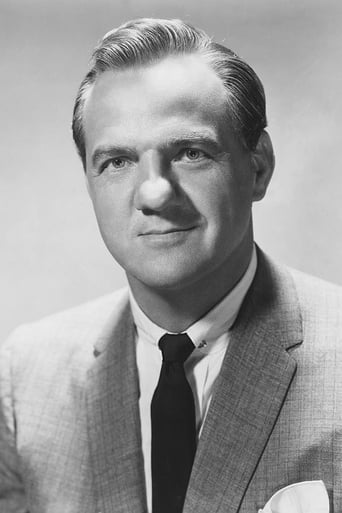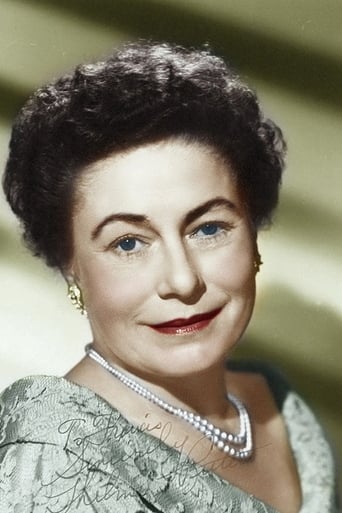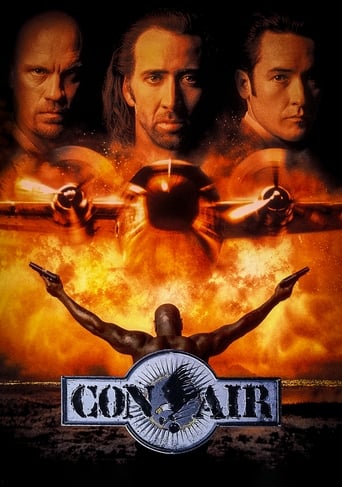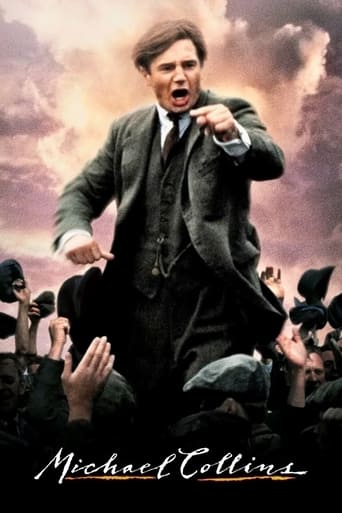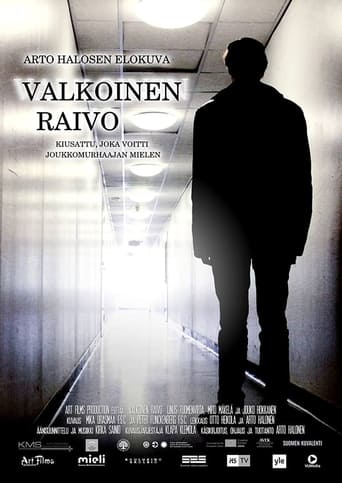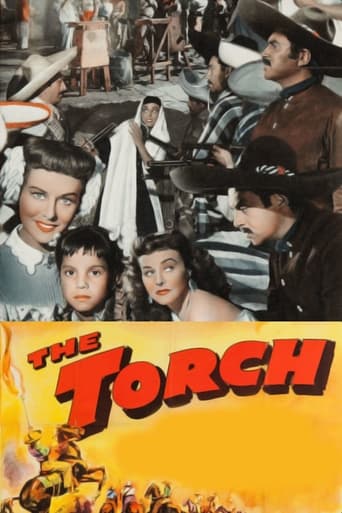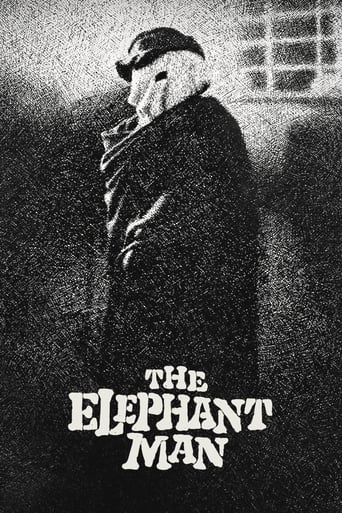
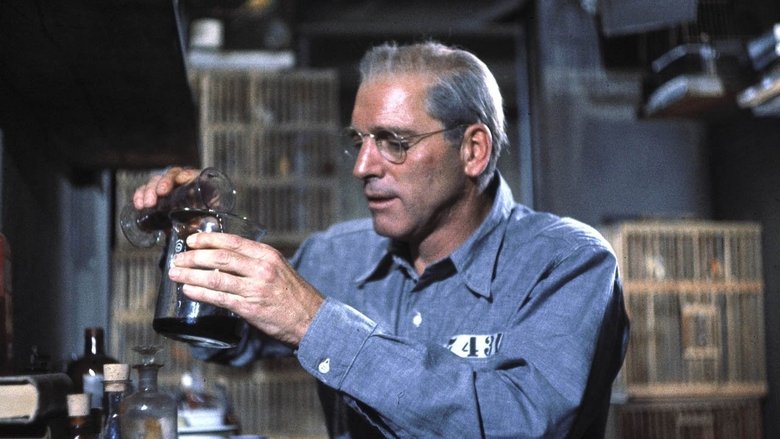
Birdman of Alcatraz (1962)
After killing a prison guard, convict Robert Stroud faces life imprisonment in solitary confinement. Driven nearly mad by loneliness and despair, Stroud's life gains new meaning when he happens upon a helpless baby sparrow in the exercise yard and nurses it back to health. Despite having only a third grade education, Stroud goes on to become a renowned ornithologist and achieves a greater sense of freedom and purpose behind bars than most people find in the outside world.
Watch Trailer
Cast


Similar titles
Reviews
Fascinating biopic about Robert Stroud, a man committed to life in prison who became one of the premier experts and authors in the world of bird diseases.The film has that raggedy visual style common to John Frankenheimer movies, which I like. But the screenplay is straight up inspirational Hollywood stuff about the inherent dignity of human life no matter what the circumstances, not a perspective I particularly share. It's also far too long, losing the thread of Stroud's story a bit along the way. A long segment detailing a famous escape attempt from Alcatraz will satisfy those who like a good prison break movie, but it feels tangential to the main plot and adds a good 20 minutes or so to the movie.Burt Lancaster was a go-to actor for steely resolve, and he reeks of it in this film. Another welcome presence is Thelma Ritter as Stroud's mother, a sweet old lady who turns out to have a heart of ice. Yikes, am I glad I wasn't born into this family. Lancaster and Ritter were both Oscar nominated, as was Telly Savalas as a fellow inmate and friend to Stroud. But one of my favorite performances came from the unrecognized Betty Field, as the woman who would eventually marry the incarcerated Stroud and turn his mother against him.Rounding out the film's quartet of Oscar nominations was the black and white cinematography of Burnett Guffey, who had already won for "From Here to Eternity" and would go on to win again for "Bonnie and Clyde."Aside: With her sixth loss, Thelma Ritter tied Deborah Kerr as the female actor with the most nominations never to have won, a record that stands to this day, though Kerr did win an honorary award in 1993. The all-time loser record goes to poor Peter O'Toole, with eight losses. O'Toole was also thrown an honorary bone in 2002, but lord knows he should have won legitimately any number of times.Grade: A-
I watched this again the other day for the first time since my original viewing about 40 years ago.As it so happens, I toured Alcatraz about 6 months ago and none of the scenes supposedly inside the prison were actually filmed at Alcatraz. This isn't surprising since Alcatraz was still an active prison at the time of filming.As far as the movie, Lancaster was superb and deserved his Oscar nomination. All of the other actors were also very fine except for Telly Savalas who was rather hammy as Feto Gomez. Lancaster had the mannerisms and gait a man might have who had spent 50 years in prison, nearly all of it in solitary. One of Lancaster's finest roles, if not his finest.I haven't read the book by Tom Geddis that this film is supposedly based on, but if the film was a faithful adaptation, then Geddis should have been paid as a novelist not as a nonfiction author.Stroud was not a nice man and did not appear to be rehabilitated or mellow as he aged - even though he became a renowned expert on birds while at Leavenworth. According to the National Park Service sources at Alcatraz, Stroud was a difficult, violent person almost until the end. Only his deteriorating health "mellowed" him, not his bird work.In the film Stroud (Lancaster) complains to Warden Shoemaker (Karl Malden) that the prison system was "repressive" and robbed men of their individuality. Oh, boo-hoo: murder is even more repressive and permanently robs the victims of their rights to individuality. In real life, Stroud continually demonstrated that he was a menace to others when he was in and out of prison. The film's attempts to soften or lessen the severity of Stroud's crimes and psychopathic personality was one of the things I found most disappointing in this treatment.There were other fabrications or omissions that detracted from the film for me: Stroud was an ardent homosexual (he often wrote homosexual erotica while in prison) who several times attempted to rape other prisoners. This aspect of his personality was not even remotely hinted at in the film. In addition, Stroud had no role whatsoever in the 1946 so-called "Battle of Alcatraz". This film paints him as someone who tried to make peace and who was instrumental in ending the assault. In fact, the weapons Stroud is shown dropping out the window in the movie were found on the dead inmates when authorities finally restored order.In summary, this movie is a fine example of a great director at the peak of his powers. The story is compelling and the acting is first rate. However, the plot is largely fictional and the viewer will learn almost nothing about Stroud himself. It is no more enlightening on Stroud than JFK was about the Kennedy assassination, which is why I gave this film a 7 instead of 8. As long as the viewer is aware that it is almost completely sanitized, they are encouraged to view and appreciate this excellent film.
In 1912, convicted murderer Robert Stroud (Burt Lancaster) is transported to Leavenworth Prison. He breaks a train window and immediately gets on the wrong side of warden Shoemaker (Karl Malden). When a guard costs him a visit from his mother, he stabs and kills the guard. After 3 separate trials, he is sentenced to hang. His mother intervenes and President Wilson commutes his sentence to life. Warden Shoemaker keeps Stroud in solitary. He raises a bird found in the yard. Shoemaker is transferred and the new warden gives him permission. The other inmates start getting canaries. Feto Gomez (Telly Savalas) is his neighbor. When his birds get sick, he works to formulate the right cure. Then fellow bird lover Stella Johnson comes and they form a partnership in selling his cure. New directives ban pets and businesses. To gin up more publicity, Bob marries Stella. Shoemaker and the system relents but his mother wants him to end his marriage. He ends up writing a scientific book on birds. In the middle of the night, Bob is transfered to Alcatraz with only the shirt on his back leaving behind his birds. Shoemaker is his warden once again as he is put in solitary there.It's a compelling story but may be not that real. The movie is playing up the nice guy angle. It might be more compelling and possibly more real to play up his anger. Burt Lancaster is more than capable of that. That would have been much more interesting. The character growth and inner turmoil seems to be a better way to go with the material.
I would have bet some poetic license was taken with this depiction of Robert Stroud, the Birdman of Alcatraz, and a host of other reviewers state that case pretty well. What I kept wondering as the film progressed was how he came to be known by his nickname since all of his bird study took place at the federal penitentiary in Leavenworth, Kansas. I guess it doesn't matter much as Alcatraz sounds a lot catchier than Leavenworth.Well Burt Lancaster was given a large one man job here and he pulled it off pretty well. His presence dominates most of the picture and even when he's not on screen you can feel it. It seems to me that Lancaster had to have a certain kind of patience to film a host of scenes that required all manner of birds to behave in just the right way. A 'making of' film about this movie would probably be as interesting as the picture itself.Oddly, there were two different scenes that didn't involve birds that captured my interest the most. The first was when guard Bull Ransom (Neville Brand) challenged Stroud for not treating him like a human being, not even talking to him. In a strange way the dynamic of the picture turned the usual treatment of prisoners of the era on it's head. Then, towards the end of the film, Stroud basically uses the same tactic to let Warden Shoemaker (Karl Malden) know that his approach to inmates robs them of their individuality by treating them all the same way. I thought that was a clever observation for director Frankenheimer to make.So as a stand alone movie, this one rates pretty highly with me. In fact, when I finished watching, I immediately checked the awards competition for 1962 to see what edged this story out for the major Academy nominations. Not that I saw it as a contender for Best Picture, but between Lancaster, Savalas, and Ritter, I thought one of them might have pulled it off for their respective category. I guess it's fair enough that each was nominated; they all did an outstanding job. Savalas in particular had that crazed menace thing going for him making you wonder if he was going to flip out at any minute.Best quote of the movie and strangely apropos for it's subject matter occurs when Stroud goes on a drunken binge in his cell and releases all the birds to show his displeasure - "Fly my avian friends. I give you the illusion of freedom."



